#kyle smith
Text






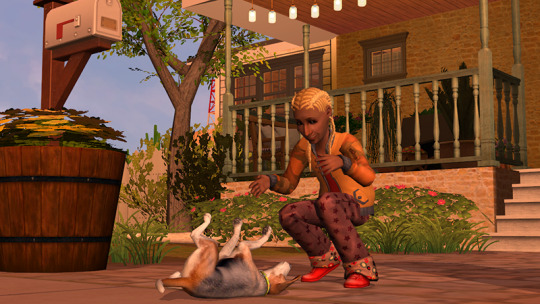

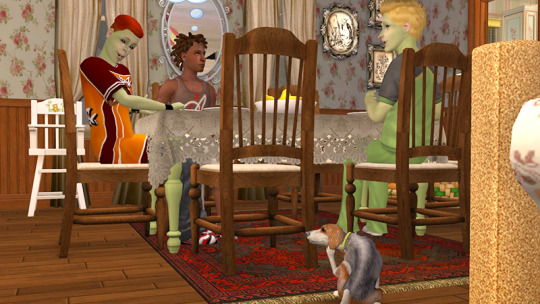
Johnny has yet another teammate over, and Jean says hello to their neighbor Atom and his cat.
#ts2#ts2 gameplay#uberhood#strangetown#family: smith#jean louise smith#ophelia smith#kyle smith#monica beare#tom thomas#dog: dakota smith#atom terrano#cat: kitty alice jocque#johnny smith#week 4.2
14 notes
·
View notes
Photo

(via Wall Street Journal's Bitter Condemnation of Barbie Has Me Sprinting to the Theater)
Wall Street Journal’s Kyle Smith:
“While Barbie is discovering herself,” Smith writes, “Ken learns that real society is male-dominated and uses the lesson to turn Barbieland into the Kendom—a bro paradise of brewskis and weight lifting. In his ideal state, ‘Everything exists to expand and elevate the presence of men.’ Spot the joke? I don’t. ‘Barbie’ contains more swipes at ‘the patriarchy’ than a year’s worth of Ms. magazine.”
No offense to Ms., but any review that considers a magazine founded in 1971 to be the epicenter of current feminist thought is probably named c.
Smith continues: “As bubbly as the film appears, its script is like a grumpier-than-average women’s studies seminar.”
16 notes
·
View notes
Text

Kyle Smith
#Kyle Smith#6varchives#contemporary art#6v#abstract#new contemporary#modern art#modern design#abstract art#contemporary photography#photography
5 notes
·
View notes
Text
5 reasons to adopt orphan project cars - Kyle Smith @Hagerty
Walk the aisles of your local pick-a-part, or scroll the seemingly endless pages of projects listed for sale on the internet, and you’ll find plenty of cars just waiting for a new home. Decades of market forces have shaped the roster of cars that have survived this long. There’s a certain safety in going with the grain—relatively generous parts supply, aftermarket options, a knowledgable and…

View On WordPress
0 notes
Text
Monster Time
William Oliver Stone is the rare Hollywood figure who, you come to understand, probably downplays his outlandish antics in his book. “There were a few ‘Oliver Stone’ stories that I’d heard, bounced back at me, often with unbelievable outcomes,” he writes, a little prissily. He notes that a fellow screenwriter once told him that his legend had become a kind of model for other writers who wished to be seen as bad boys. Stone drily notes that at parties, “I would do something, never violent or intentionally harmful, but often outrageous, to make the moment less boring.” He withholds many of the details, which no doubt were gory (and perhaps delicious).
Less Boring would be an apt title for Stone’s memoir, but in the one he entitled Chasing The Light: Writing, Directing, and Surviving Platoon, Midnight Express, Scarface, Salvador, and the Movie Game, Stone shouts with the exuberance of a free American man — an obnoxious, abrasive loudmouth like the one played by Eric Bogosian with a buzzsaw voice in one of the director’s best films, Talk Radio (1988). As did many other Stone efforts, Talk Radio (available on Amazon Prime) took a true American story (the 1984 murder of Alan Berg, a liberal talk-show host gunned down by white supremacists) and filtered it through the director’s self-destructive passions: Bogosian’s Barry Champlain just can’t stop enraging people by shoving what he knows to be the truth in their faces. He’s a sort of lone gunfighter of the new American West, armed only with sleek, modern weapons (sarcasm, putdowns) in sleek, modern Dallas as hostile forces plot to ambush him in the night. Their weapons are more atavistic, but their goal is simply to shut his mouth.
For Stone, living loudly, nakedly, and extremely is the only way, even if it means dying extremely. Like his idol Jim Morrison, who channeled William Blake into acid rock, Stone is an archetypal Sixties Romantic (“Nothing was sacred — it was all possible — we were all going to ‘break on through to the other side,’” he writes) who places subjective feeling over objective fact and seeks elevated truths by burrowing into lived experience. Hence his accomplished career as a drug user; drugs cut you off from the distraction of external reality and help you bore down into yourself.
All of this is why I wouldn’t trust Stone to accurately report the score of a baseball game. As Gabriel Seidl once wrote of Beethoven, “He feels through his mind, he thinks through his heart.” But Stone serves what he sees as the truth. Late in the book, he discovers that the story that became his Oscar-winning script for Midnight Express (1978), which was first told to him as “hapless American kid smuggles a tiny amount of hashish to pay for college” (the amount in question was actually two kilos), was not what he thought it was. Billy Hayes, the subject of the film, laughingly told Stone many years later that he wasn’t busted until his fourth smuggling run, and though discarding inconvenient facts to make a better story is Hollywood S.O.P., Stone was hurt by the revelation. Midnight Express would almost certainly never have been made if Hayes had told Stone the truth beforehand, which might in turn have cost Stone his career — the movie became an out-of-the-box sensation just two years after he arrived in Hollywood. But instead of shrugging off Hayes’s after-the-fact admission, he’s genuinely upset that he was conned into participating in a lie, seeing himself as a weapon of truth in dangerous circumstances. Despised Cassandras are everywhere in Stone’s pictures, from Tom Cruise’s Ron Kovic in Born on the Fourth of July to Kevin Costner’s Jim Garrison in JFK to Joseph Gordon-Levitt’s Snowden.
Though Stone has worked with and known many famous people, his book (which ends after his third directorial effort, Platoon, wins the Best Picture Oscar) is almost entirely inward-facing; there are very few “as I told my good friend Laurence Olivier”-style anecdotes. Olivier, though, does pop up, in a funny second-hand way, as the source of the most perfect distillation of acting, relayed to Stone by Frank Langella: “Look at me. Look at me — that’s my bloody motivation!”
Chasing the Light is a study in Stone’s fears, his frustrations, and his addictions, as he tries to put his obsessions on the screen for us to share. Throughout his career, he has composed in his own brutal, vulgar, ostentatious key, scolds be damned: “The hell with good taste!” he writes. A recurrent phrase in his book — he heard it many times from people to whom he pitched his scripts — is “too much.” Too much sex, too much violence, too much everything. It took a while for the industry to grasp that, as the Eighties roared forth, “too much” could be the raison d’être of a highly successful filmmaker. Stone started to attract allies who loved the idea of going too far, such as the gonzo San Francisco journalist Richard Boyle, who would be played by the gonzo actor James Woods in Salvador. (Woods stole the role from Martin Sheen, who was originally cast, by telling Stone that Sheen’s wariness of the profanity in the script would result in “another bull**** Hollywood picture.”) As Stone was struggling to get Salvador made after his only previous directorial effort — a piece about a murderous, creeping appendage called The Hand — occasioned more laughs than screams, producer John Daly told the director, eyes twinkling, “I hope you live up to your reputation.” What he meant, Stone writes, is “be who you are, ‘the lunatic.’ . . . John was saying, ‘I want that Oliver, not their Oliver.’”
Stone’s matter-of-factness about his many mistakes makes for lots of dryly funny episodes. He once held a pound of heroin in his closet for friends, for instance. He doesn’t remember his 1981 wedding because he was high on marijuana, quaaludes, and cocaine during the ceremony. He notes that Gore Vidal once proposed a three-way tryst with Stone and Mick Jagger. On a Scarface research trip to Bimini to chat with some wealthy gentlemen who just happened to have a lot of theoretical knowledge about how one might go about sneaking cocaine into Miami, Stone unwisely mentioned a defense attorney he knew. The lawyer had once been a prosecutor, and the mention of his name made Stone’s interlocutors wonder if their new friend might perhaps be an undercover agent. The fellows excused themselves to discuss the matter in the men’s room, and Stone believed he was about to be tortured and fed to the gators. As dicey as it was to research, though, Scarface turned out to be useful in surprising ways: When Stone went to beg right-wing Central American government officials for help making Salvador, his leftist follow-up, their affinity for vigorous anti-communist Tony Montana made them incorrectly think the director was ideologically simpatico. (It helped that Stone whipped up a phony two-page treatment that suggested Salvador was a film about brave right-wing governments battling despicable Commie insurgents.)
Stone refers to his and his wife Elizabeth’s cocaine-defined years (as opposed to later ones, when he clarifies that he merely used the drug “socially”) as “monster time.” He was formed in a painful time for America, from the assassination of JFK and on through Vietnam, the shattering of Sixties idols, and Watergate, and he covered it all in his films. Did he engage with his subjects accurately? No, but I think he was honest about what he felt about them: panic, outrage, excitement, desperation, and anguish. He felt he had lived through America’s monster time, and set about sharing his sense of horror with as much operatic gusto as he could.
-Kyle Smith, "Monster Time: The Cinema of Oliver Stone," National Review, Mar 8 2021 [x]
0 notes
Text


Couldn’t think of a caption— who’s talking to him? (It’s prob Cartman ripping on his shirt)
922 notes
·
View notes
Text

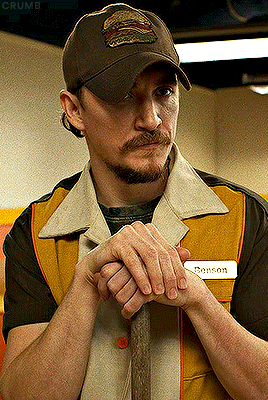

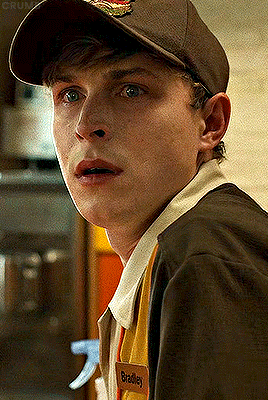
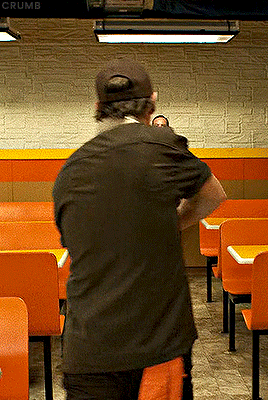


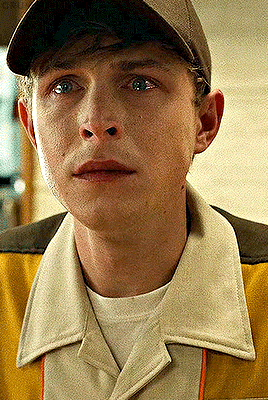
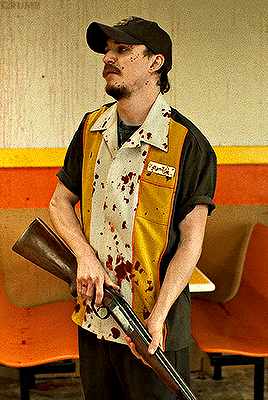
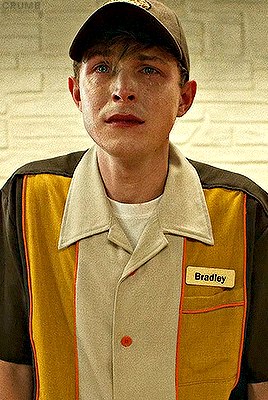
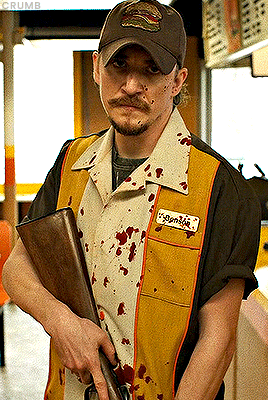
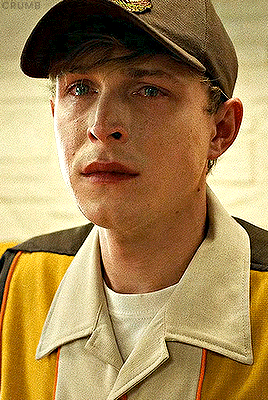
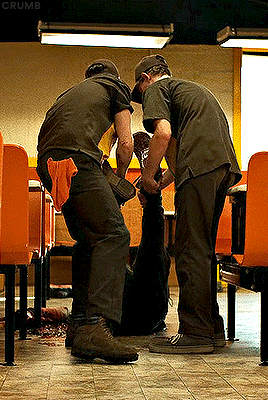
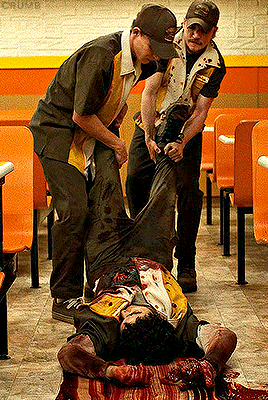
THE PASSENGER
2023 | dir. Carter Smith
#the passenger#the passenger 2023#kyle gallner#johnny berchtold#horroredit#carter smith#horrorgifs#horrorfilmgifs#userhorroredits#classichorrorblog#societyclub#fyeahmovies#junkfooddaily#dailyflicks#crumbedit
560 notes
·
View notes
Text
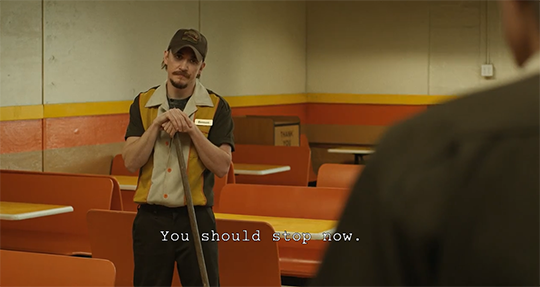
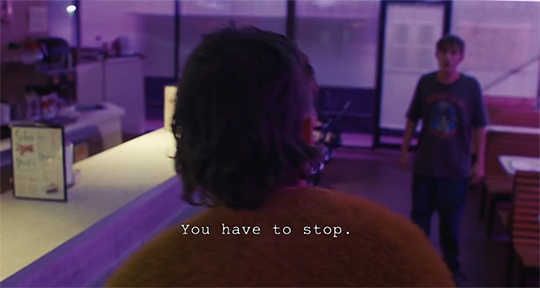
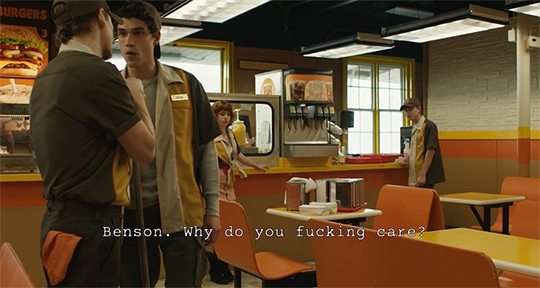



the passenger (2023), dir. carter smith
432 notes
·
View notes
Text
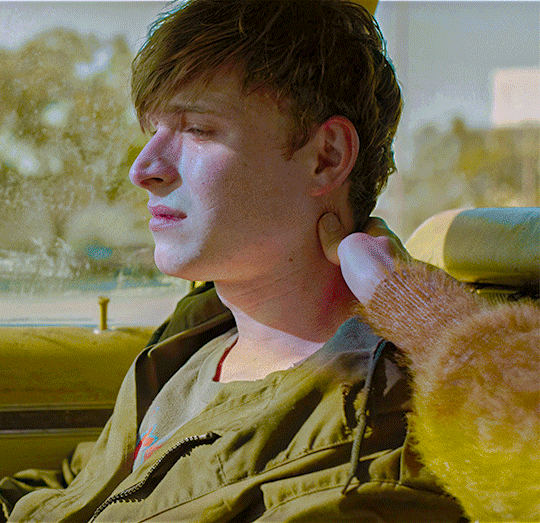





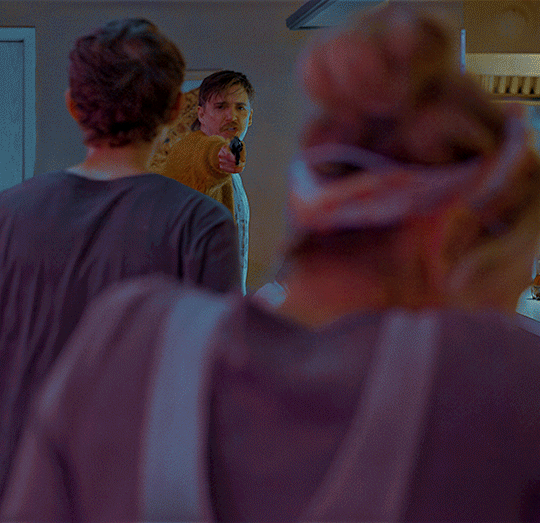
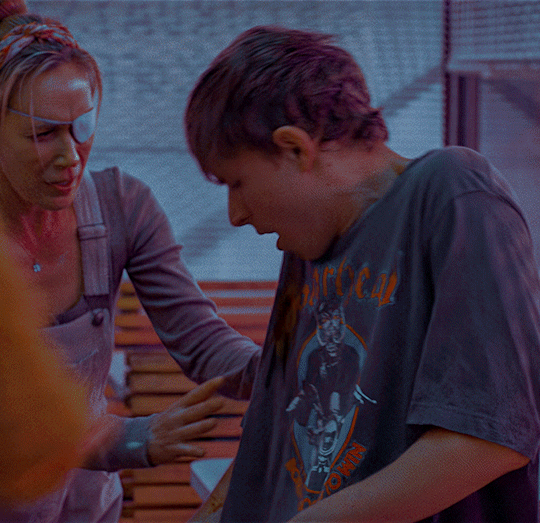
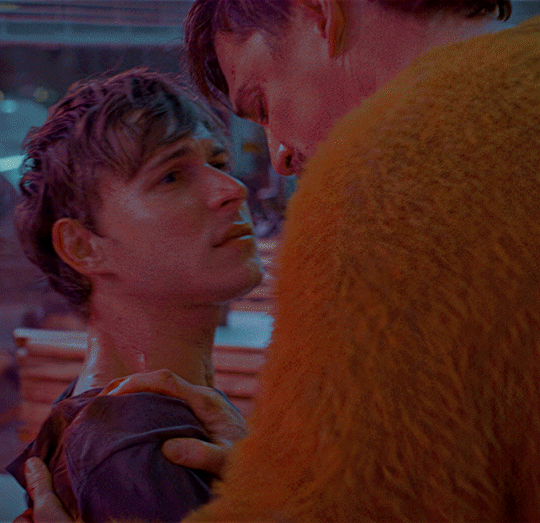
KYLE GALLNER as 'Benson' & JOHNNY BERCHTOLD as Randy Bradley
The Passenger (2023) · Film · Drama · Horror · dir. Carter Smith
#whats that clinical term for hostage to lovers?#horroredit#filmedit#homoeroticism#kyle gallner#johnny berchtold#the passenger#the passenger 2023#benson x randy#carter smith#horrorgifs#beautiful men
2K notes
·
View notes
Text

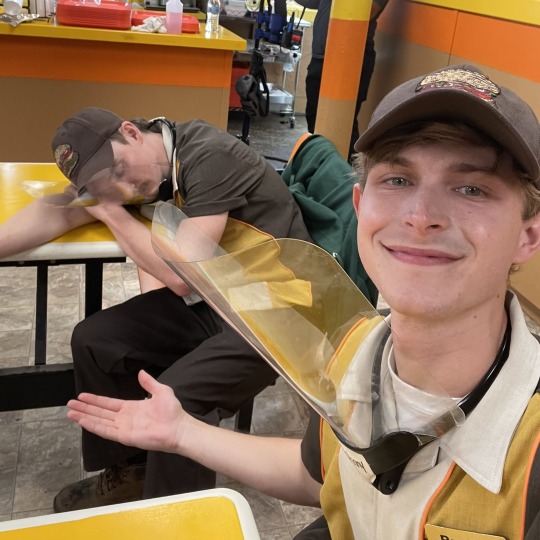

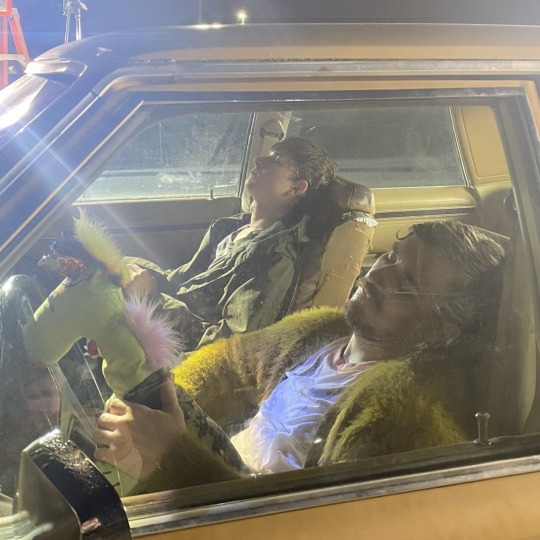

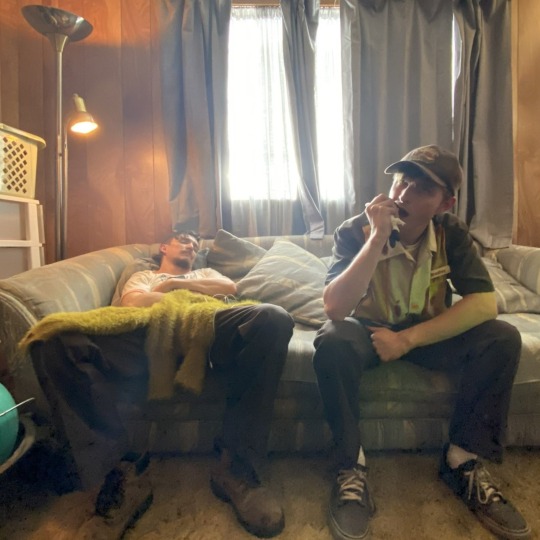
on the set of 'the passenger' (2023)
#kyle gallner is like the pedro pascal of anemic girls#the passenger 2023#kyle gallner#carter smith#johnny berchtold#liza weil#the passenger#behind the scenes#horror#film#i can fix him
739 notes
·
View notes
Text
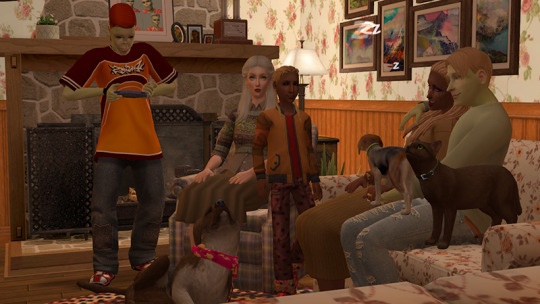
And that's day 28 for the Smiths.
#ts2#ts2 gameplay#uberhood#strangetown#family: smith#kyle smith#jenny smith#jean louise smith#ophelia smith#johnny smith#dog: paw burb#dog: dakota smith#cat: sake smith#week 4.2#day 28
7 notes
·
View notes
Text
#progressivism#too progressive for even los angeles#chesa boudin#national review#kyle smith#san francisco#politics
0 notes
Text






A bunch of old, sh*tty drawings from one big one that I never finished.
#camp camp#camp camp max#final space#little cato#south park#eric cartman#kyle broflovski#stan marsh#kenny mccormick#the umbrella academy#five hargreeves#Rick and Morty#rick sanchez#morty smith#Monkie kid#Red son#lmk red son#star vs the forces of evil#svtfoe#tom lucitor#bazookaboi’s art stuff#Fanart
617 notes
·
View notes
Text
8 easy car projects for DIY beginners - Kyle Smith Hagerty
If you want to work on your own car, and have asked around for the best projects to start with, you’ve probably been given bad advice.
The most popular suggestions are often changing your oil and replacing your brake pads and/or rotors—in other words, high-consequence projects. If you are mechanically inclined, have a knowledgable supervisor, or are not as new to DIY as you say you are, these…

View On WordPress
0 notes
Photo

(link)
1 note
·
View note
Text
“It’s actually fucking freezing out.”
“Bit chilly.” Is all he says
“Bit chilly? BIT CHILLY? My hands are fucking blue, LOOK!” You exclaim, showing him your hands.
“Mhm quite blue,” He says as he grabs one of your cold hands, “better?”
“A Bit” you huff.
He looks at you with a big bright smile, admiring your fake annoyed face, knowing that his actions just melted your cold heart.
Simon “ghost” Riley, CAPTAIN JOHN PRICE, Kyle “Gaz” Garrick, Arthur Morgan, Charles Smith, Jason Todd, Bruce Wayne.
#simon riley fluff#simon riley x reader#simon riley x you#simon ghost riley#captain john price x reader#john price x reader#john price#kyle gaz garrick#kyle garrick#gaz x reader#arthur morgan rdr2#arthur morgan fanfiction#cod x reader#arthur morgan x female reader#charles smith x reader#charles smith#jason todd x fem!reader#jason todd imagine#jason todd fluff#bruce wayne x reader#bruce wayne
998 notes
·
View notes